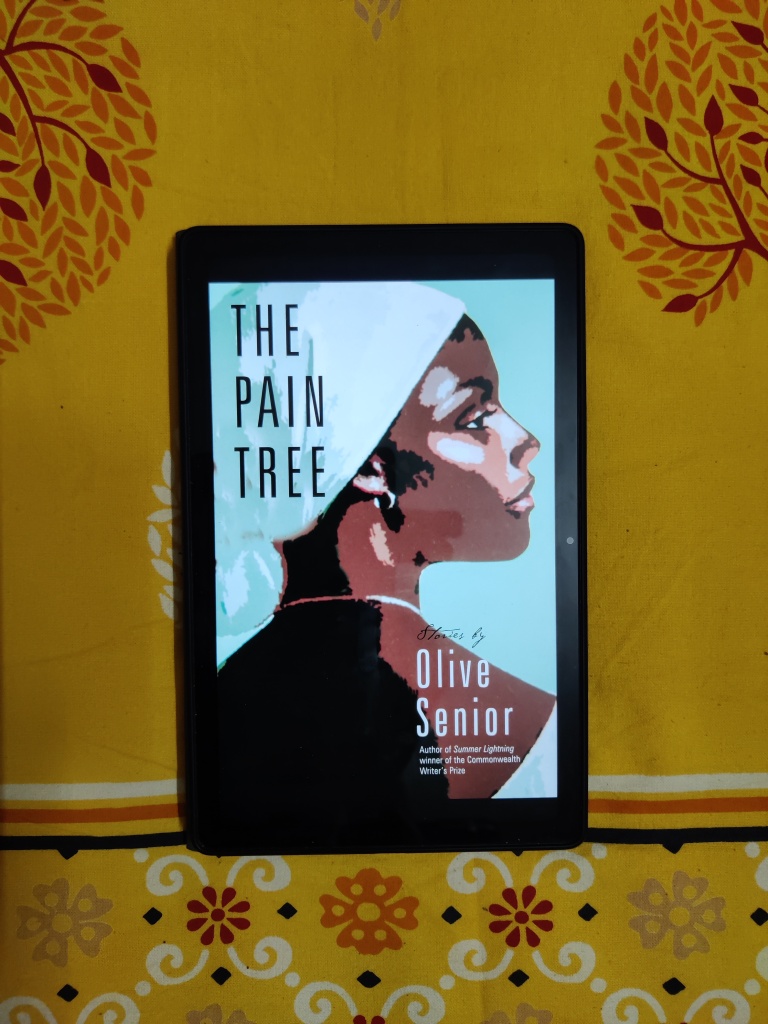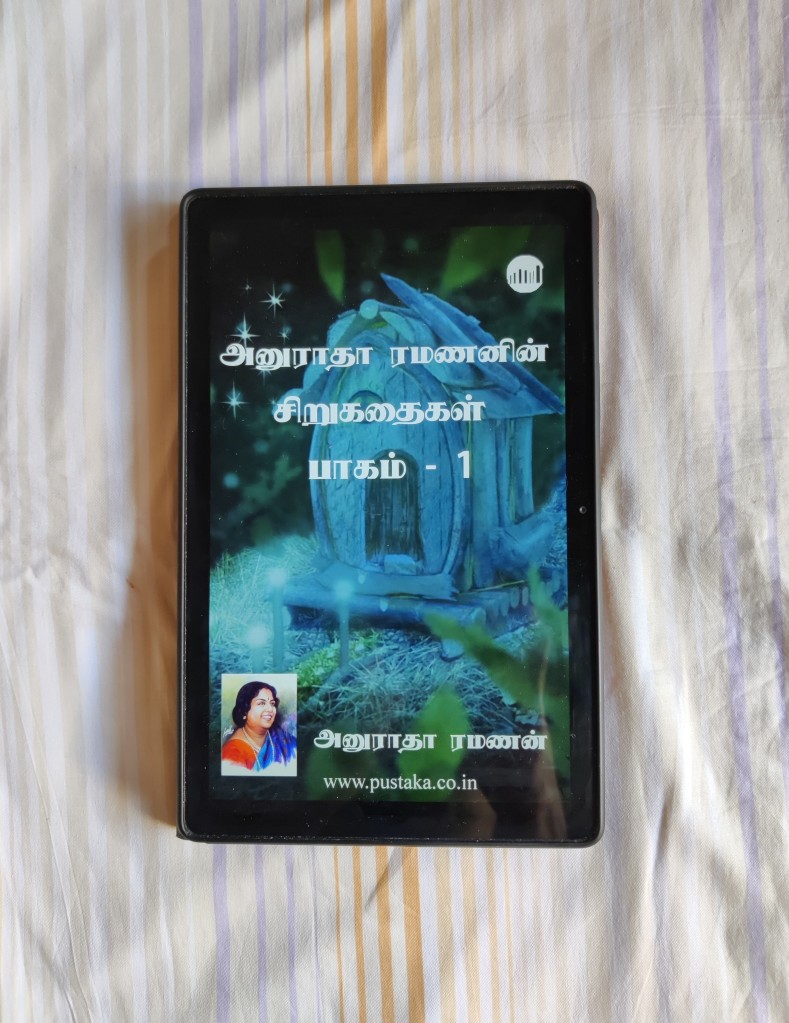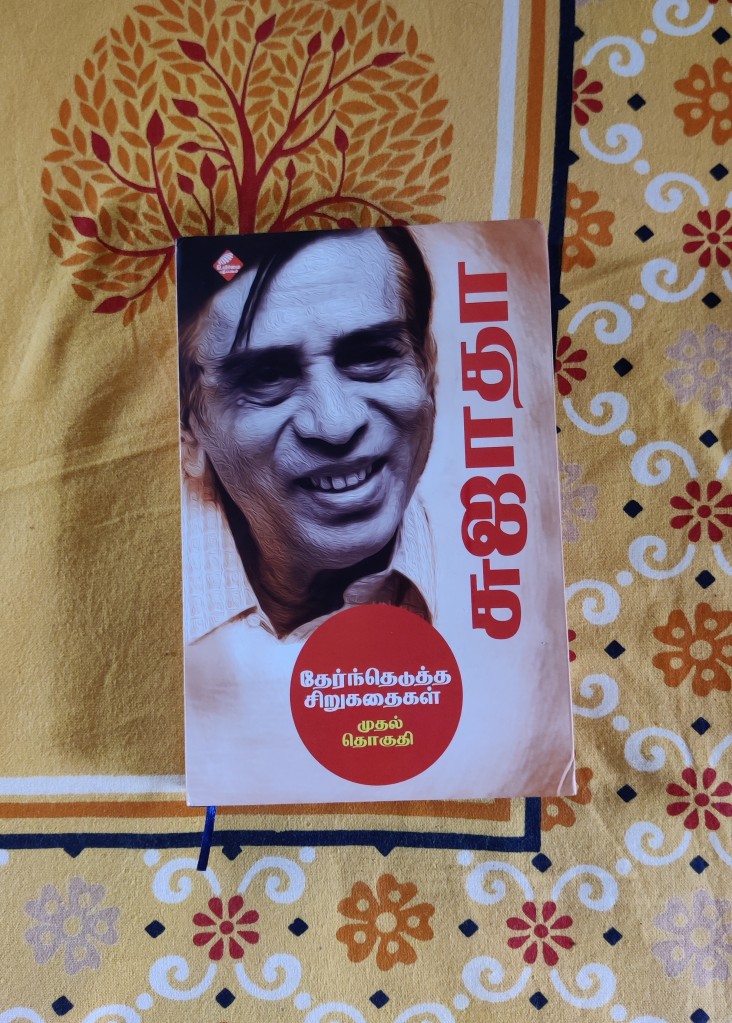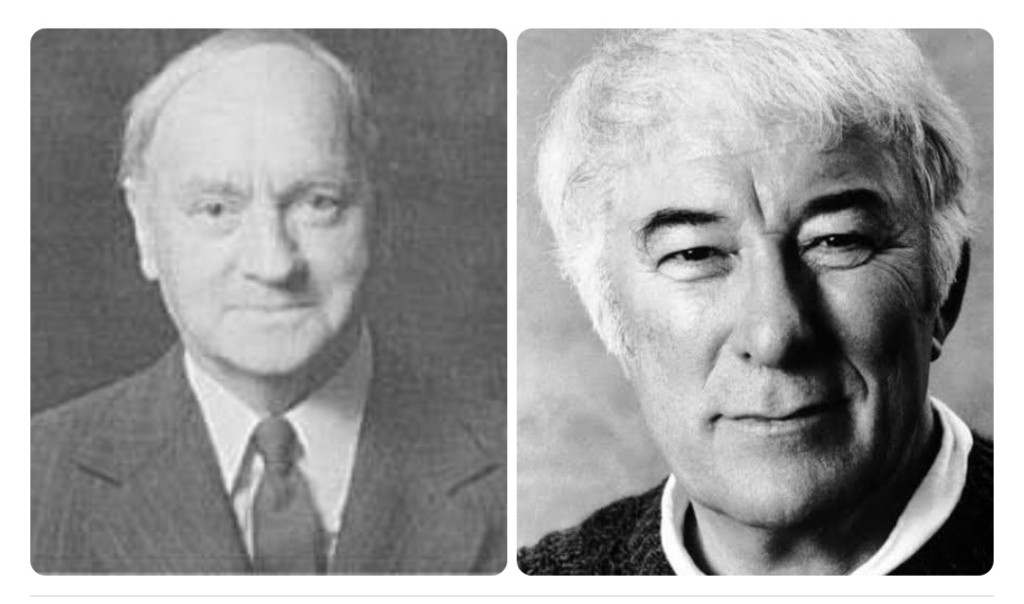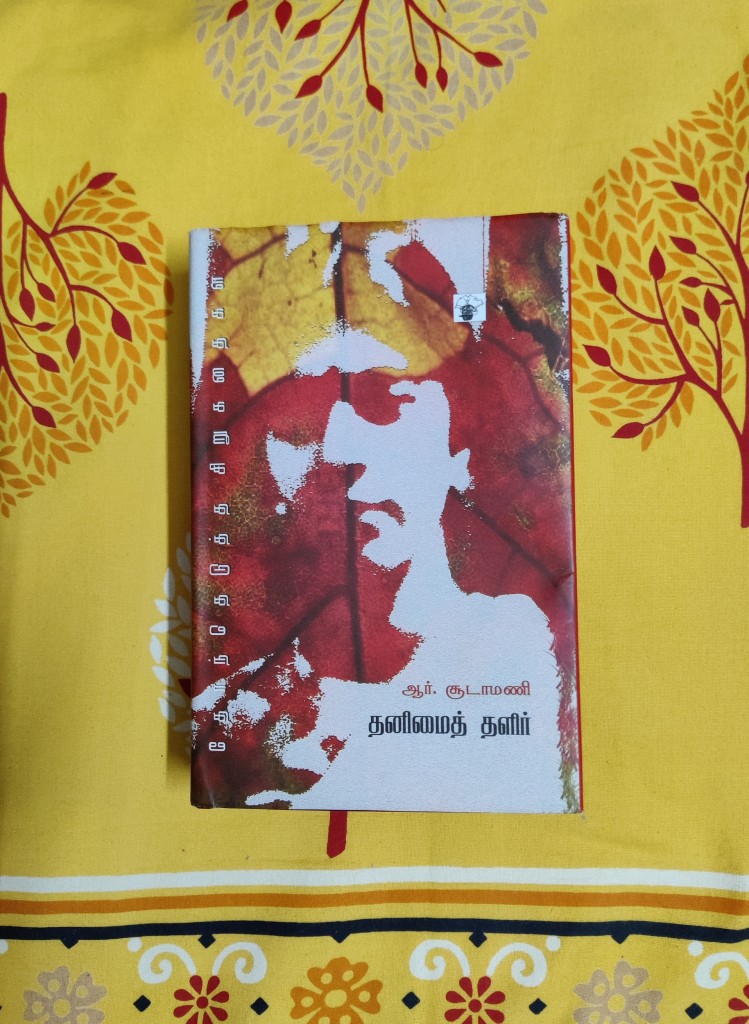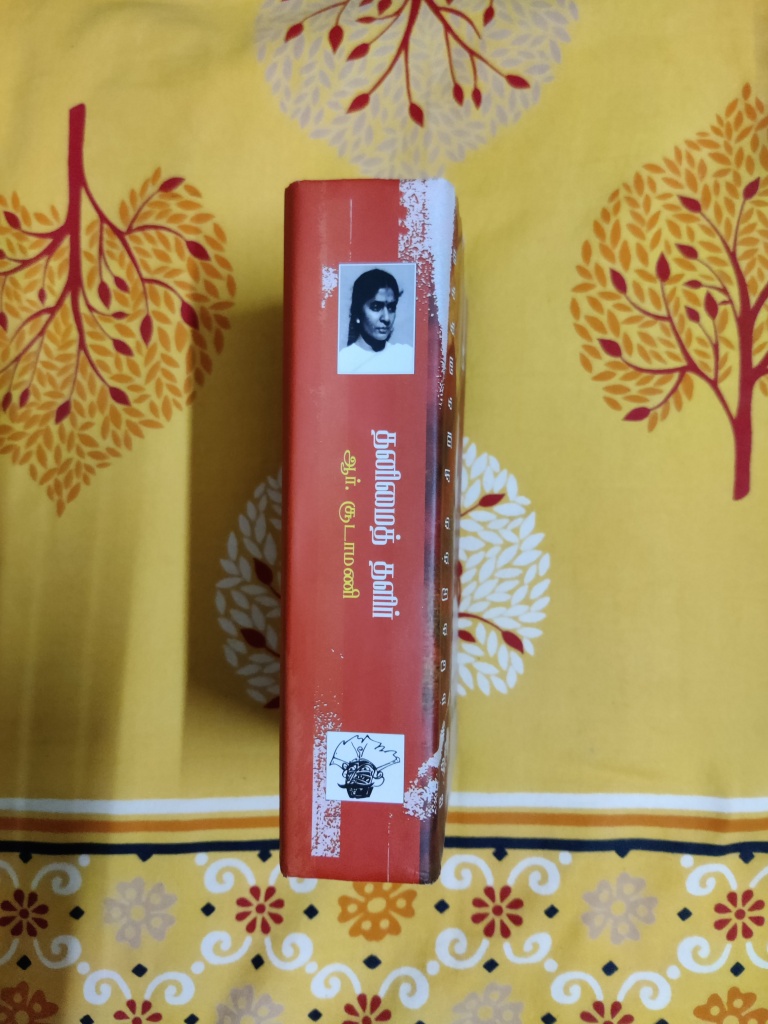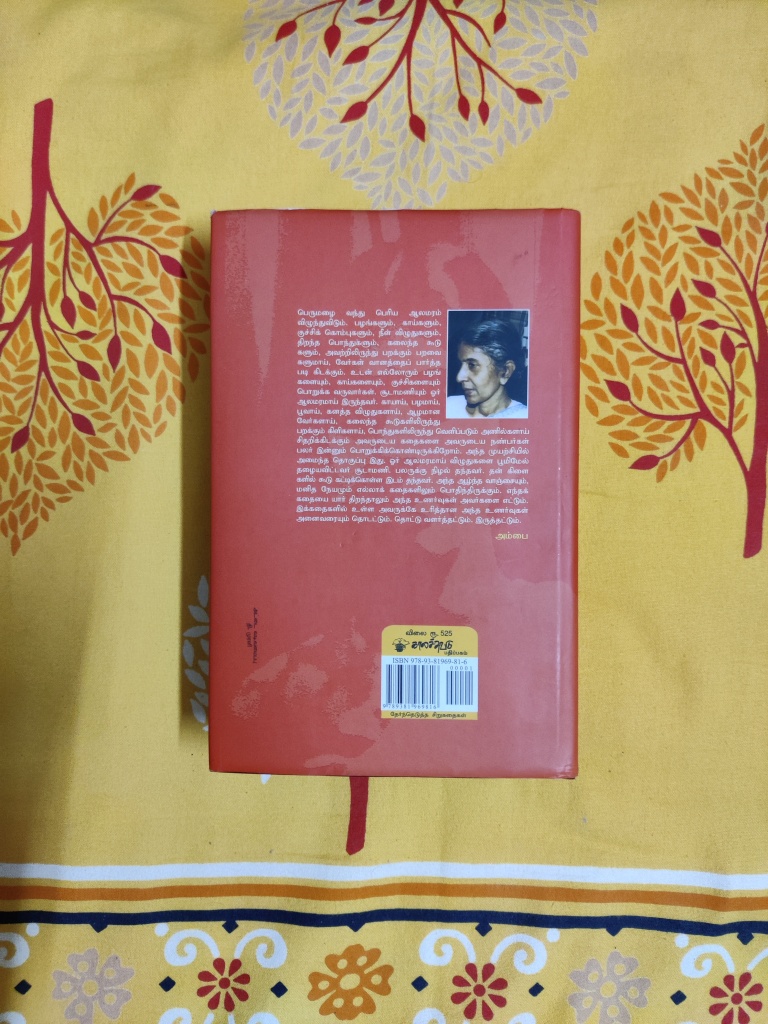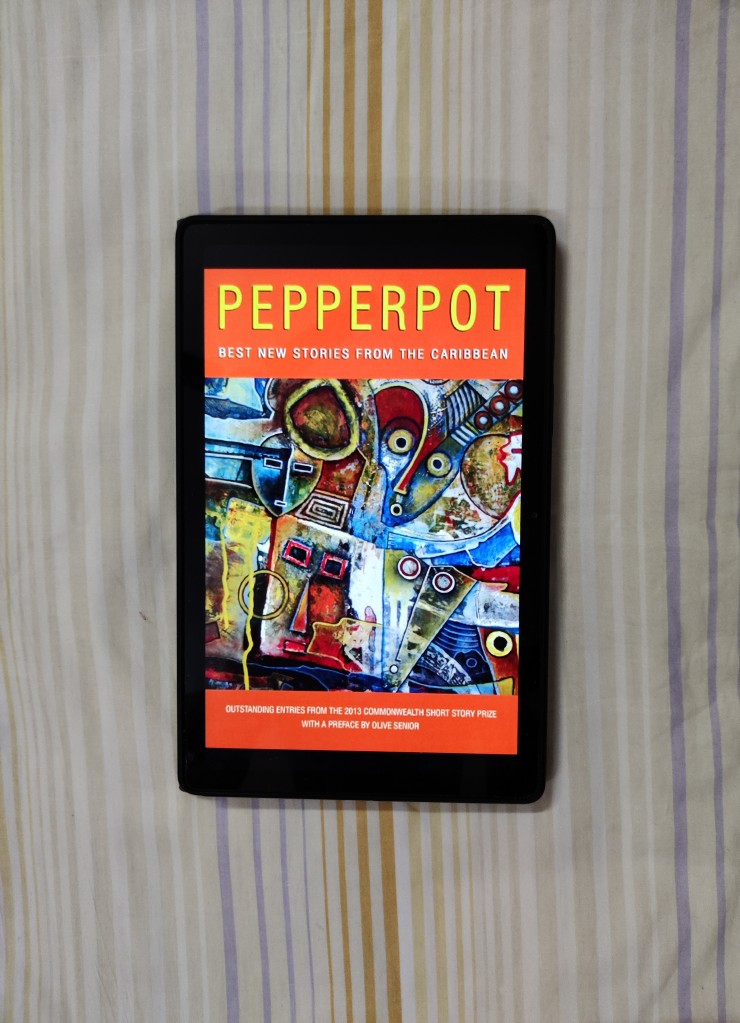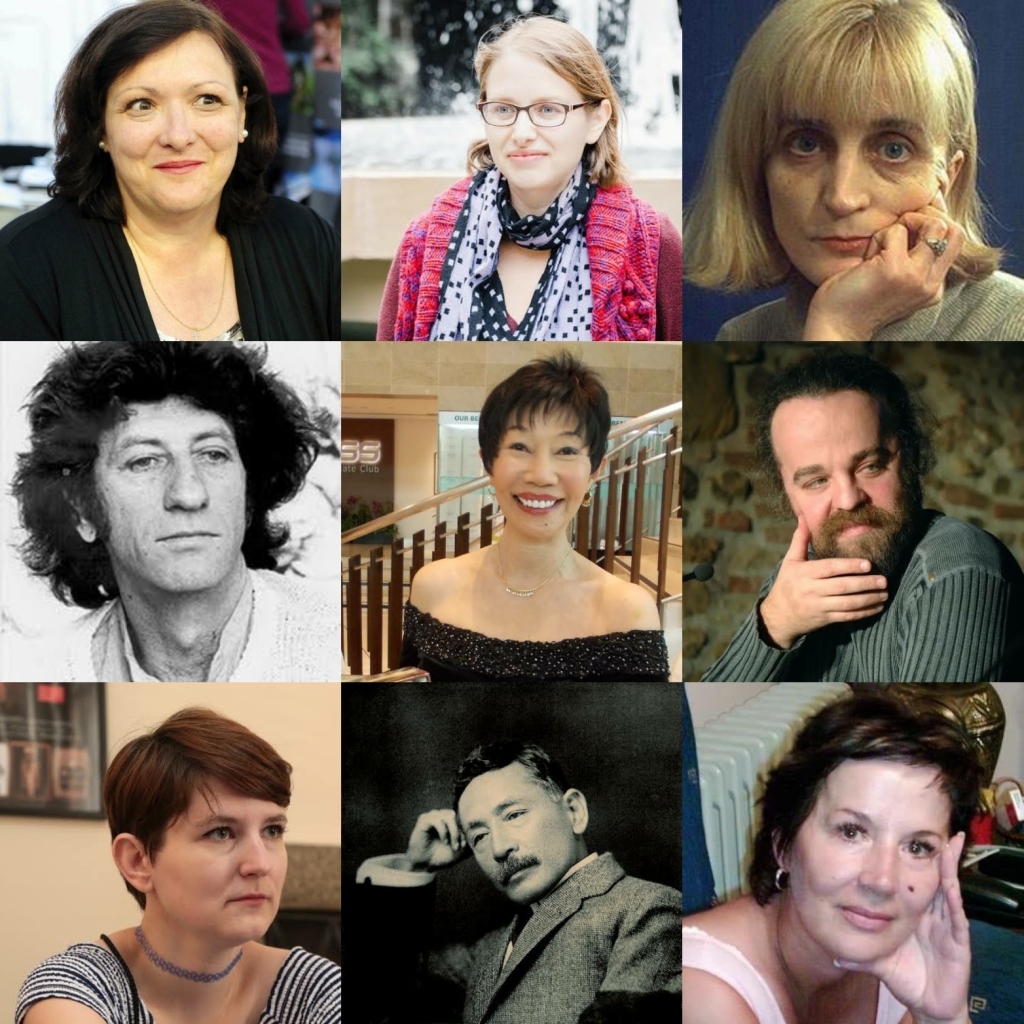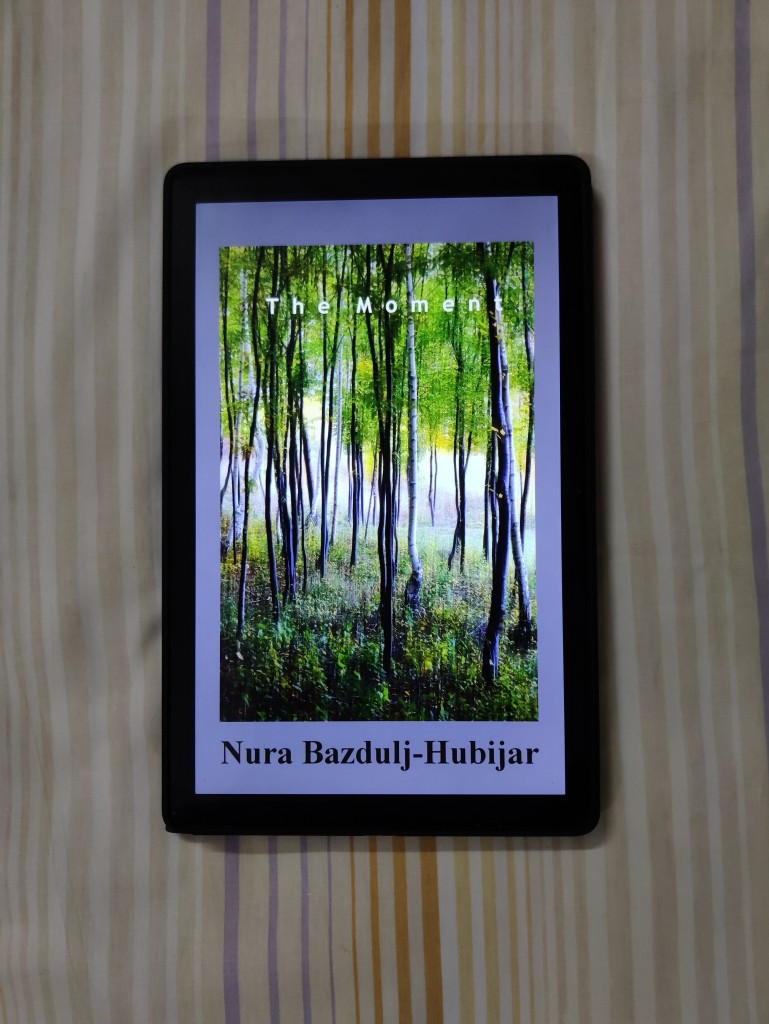My reading in January hasn’t been going well because I’ve been distracted by life. My reading plans crashlanded before they took off. But I managed to find time to go to the local book fair and get some (= many, too many!) books. I also somehow managed to find time to read one of the books I got. It was the collected short stories of Aadhavan.
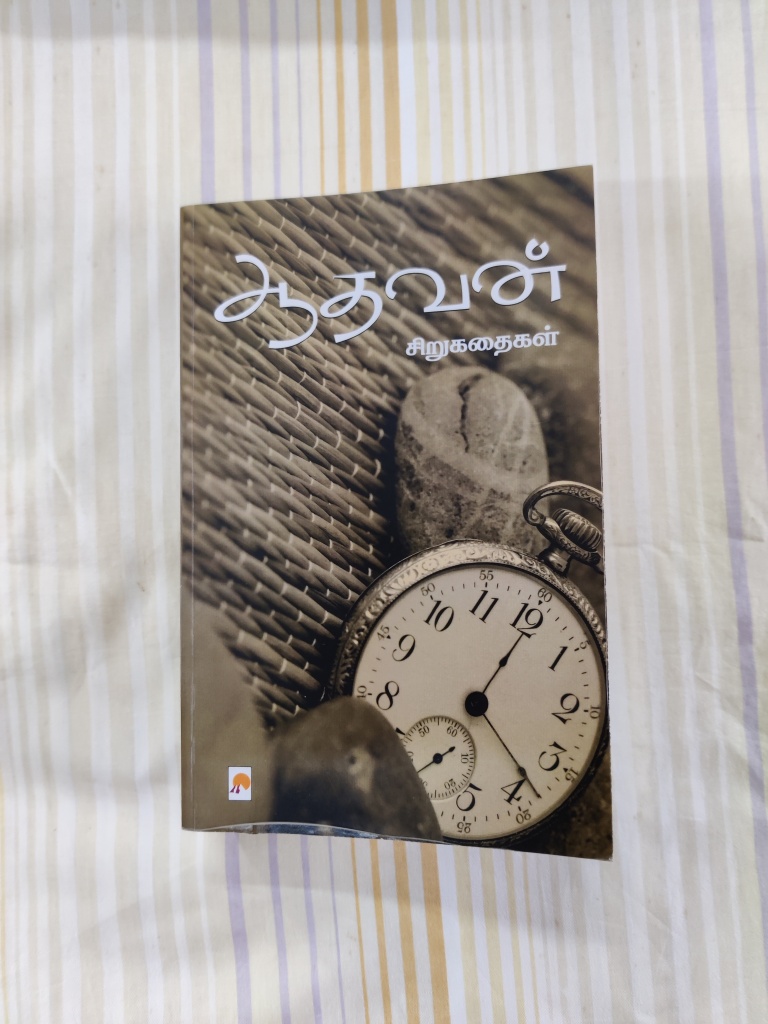
Aadhavan was a well-known Tamil writer during his time. He started writing from the 1960s and he wrote till the late 1980s. He wrote mostly for small, serious literary magazines. So his fan base was small but loyal. He was famous for his short stories (this book has 60 of them), but he also wrote a few novels (3 of them), some novellas (5, I think) and a play. Most of his short stories featured an introverted person who lived a rich internal life, but who struggled with the day-to-day demands placed by everyday life, by family, by religion, by the workplace, by the state. His protagonists struggle to balance the contradictions between these two. If you are an introvert, you’ll be able to identify with most of these stories.
I loved this book. It took me a long time to read, but I loved it. It is hard to pick some favourite stories from the book, because the book was huge and there were so many favourites. Some top-of-my-mind favourites are these –
(1) An Old Man; a New World (Oru Pazhaiya Kizhavar; Oru Pudhiya Ulagam) – It is about an old man who struggles with the changes in the world, and how it is hard to even find a good saloon to get his hair cut
(2) The Story of Black Amba (Karuppu Amba Kadhai) – it is about a dad telling his daughter her favourite story every night, and how the story keeps taking new shapes everytime it is being told
(3) Pugaichalgal – it is about a newly married couple, whose relationship changes in a complex way after the initial honeymoon period gets over
(4) After the Movie Ended (Cinema Mudindha Podhu) – it is about what happens when to a family of three, a husband, a wife, and a kid, when the movie gets over
(5) Sivappaga, Uyaramaaga, Meesai Vaikkaamal… – it is about a young man and a young woman who are attracted to each other in the workplace, but this is what it seems, because there is more to it than meets the eye.
I want to share some excerpts from the book, but I’m too lazy to translate right now 🙈 Hopefully, another day…
This is the first chunkster (>= 800 pages) that I’ve read this year, and so I’m very happy. I’ve read probably only 17 chunksters in my whole life and so this is a significant event for me. Yay!
Have you read Aadhavan’s short stories? What do you think about them?
